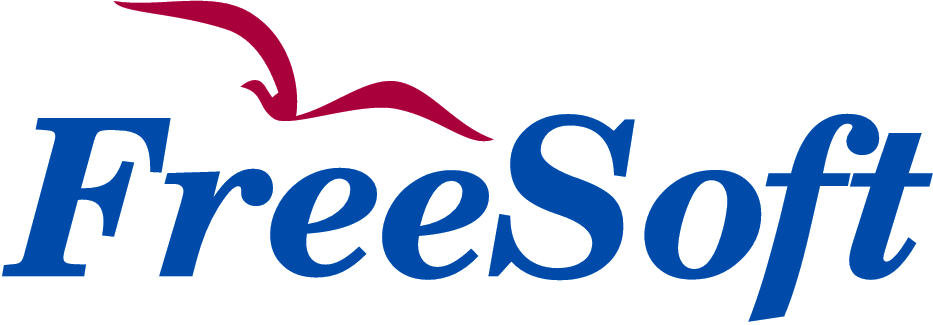
The customer is a leading outsourcing company in South Africa with a strategic initiative to migrate its ADABAS/Natural packages to Java technology stack and RDBMS platform. This Revenue Management package is installed at dozens of Local Authorities and District Municipalities, including the Private Sector.
The Project
The target of the project was the automated conversion of the entire ERP package from Natural/ADABAS platform to Java with agnostic Relational Database Management System (MSSQL and Oracle) by utilizing FreeSoft’s LiberatorWorkbench modernization framework. The artifacts included in the project:
- In excess of 5.6 million lines of Natural Code
- Utilities to convert and normalize +-250 ADABAS files to relational models e.g. Oracle/MS SQL for multiple client instances of the package (including production, archiving and history instances and indexes, triggers and views across the database instances)
- Utilities to execute the end-to-end ETL (extract, transform load) of hundreds of millions od ADABAS data rows to the relevant RDMS tables, inclusive of triggers, indexes, end-to-end balancing and reconciliations within pre-defined time window
In addition to the full conversion, implementation, 3rd party integrations, support and enhancements of this ERP package, the scope of the project also included the development and implementation of job scheduling and output management software to manage the scheduling and execution of batch jobs and their relevant output.
Solution
Applied technologies and methods in the projects were the automated tools of FreeSoft’s LiberatorWorkbench framework including:
- KnowledgeLiberator for parsing Natural source code, modelling
- CodeLiberator for converting all Natural objects to thin-clinet Java and Java batch
- DataLiberator for converting database schema and generating ETL (extract, transform, load) scripts
Benefits realized by customer
- The entire existing ERP package implemented on a future proof technology stack
- No need for further integration or screen scraping for accessing on-line functions from internet browsers
- Database and application server agnostic solution, flexible options for end-user implementation




 Eng
Eng 
 日本語
日本語 Br
Br De
De